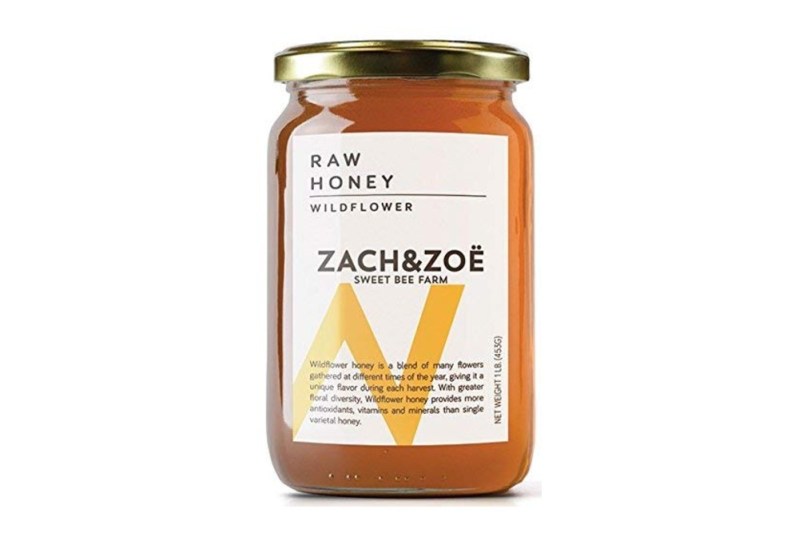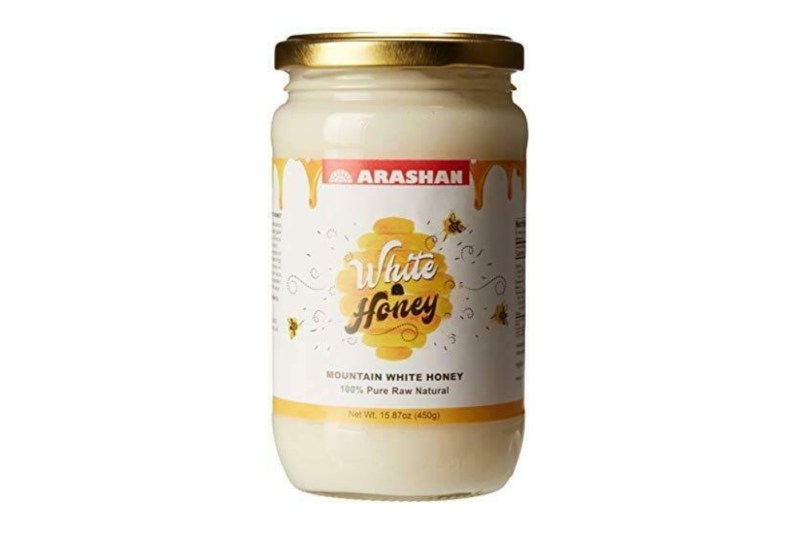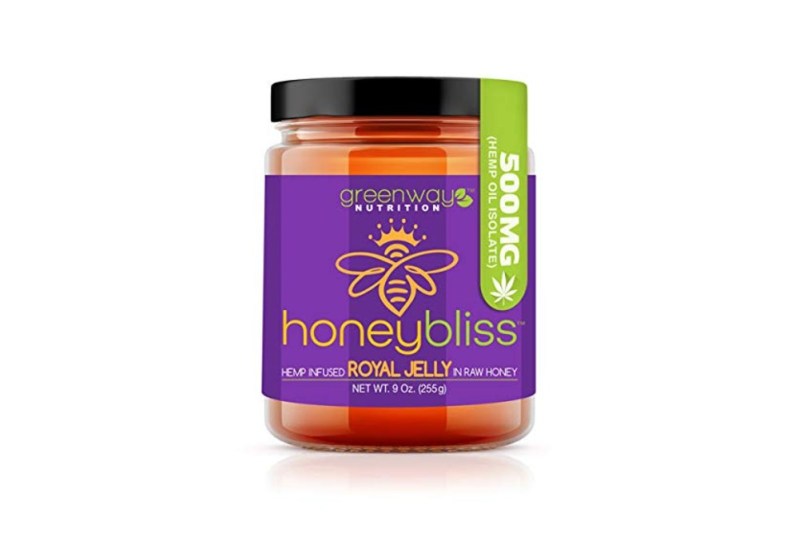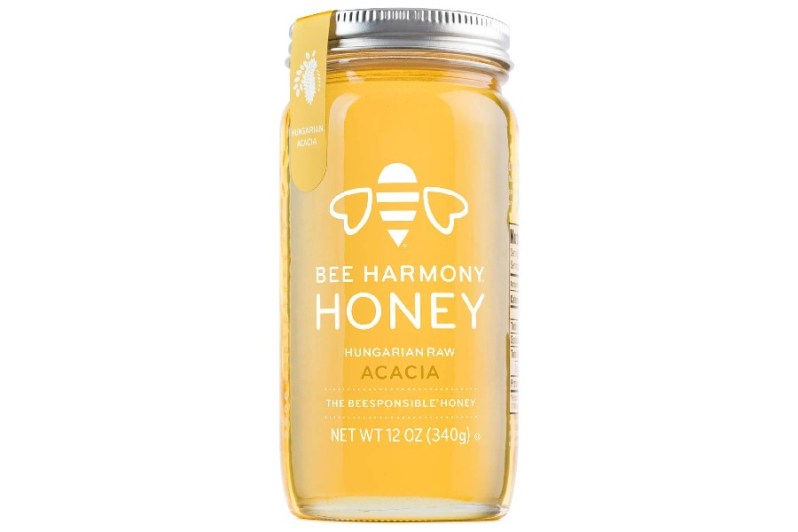In all its golden wonder, honey is truly one of nature’s sweetest gifts. Bees play a vital part in our everyday lives in and out of the kitchen and their contribution to the ecosystem goes far beyond making nature’s tastiest syrup. While they are all delicious, not every bee born substance is the same. With so many buzzing questions about what’s organic, what’s infusion (hot honey), and whether all honey is the same, it can be easy to get stuck in the honeycomb maze. To save you from getting stung, we’ve tapped into the hive to bring you the 9 Queen Bee-approved honey brands.
Zach & Zoe Wildflower Honey

Wildflower honey is made from the nectar of naturally growing flowers and floral plants. Typically light and fruity in taste, no wildflower honey taste the same. The flavor will vary based on the flowers that bloom from season to region. Zach & Zoe is sustainably harvested and packaged with care for both the bees and the buyers by a family of Black beekeepers from New Jersey.
Homestead Honey Sticks
For a fun, flavored honey dip on the go, Homestead has you covered. This Utah-based raw, unfiltered honey comes in ten natural flavors like cinnamon and ginger, plus they come in the sweetest individual packaging.
Raw Manuka Honey
From the nectar of the mānuka tree, this New Zealand superfood specialized honey is highly regarded for its supposed medical powers. Its high MGO or antibacterial and anti-inflammatory properties have been linked to claims that it can heal wounds, clear acne, and boost energy.
Bee Harmony Hungarian Raw Acacia Honey
The most common honey you’ll find, Acacia’s delicately mild flavor comes from the Hungarian black locust forest of the same name. Full of natural pollen and enzymes, Bee Harmony’s honey is light and flowy honey which makes it perfect for desserts and drinks.
SB Organics California Sage Honeycomb
Stunning and sticky, nothing causes more buzz than a honeycomb. This is bee juice in its purest form. Extracted directly from the beehive with zero additives, SB Organics brings you the full hive experience with its edible comb made from beeswax.
Arashan White Honey

Harvested in the “Heavenly” Tien Shan Mountains this white wildflower honey stands out for its unique color and intense taste. With notes of clover, sainfoin, and alfalfa, it’s surprisingly sweet, its thick and creamy texture makes it almost spreadable, and the sainfoin flowers add to its hue.
Mike’s Hot Honey Honey with a Kick, Sweetness & Heat,
The sweet and savory combination of your drizzling dreams now in one bottle. This dynamic duo of flavors is a star in the honey game. Raw honey infused with chili peppers gives this topping its definitive sweetness with just the right amount of heat.
Beekeeper’s Naturals Superfood Cacao Honey
Beekeeper’s Naturals blended its signature raw honey with organic Ecuadorian cacao for a nutrient-dense, decadent superfood spread. The chocolate-y raw cacao adds a heavy dose of iron and magnesium to the already powerful organic honey.
Honeybliss – Raw Clover Honey with Royal Jelly and 500mg Hemp Extract

Honeybliss has infused all-natural hemp oil concentrate and royal jelly into its unfiltered clover honey to create a benefit-packed sweetener. The natural sugar is packed with antioxidant-rich royal jelly and the high level of hemp oil has been known to aid in pain relief, muscle soreness, stress, and anxiety.
How is Honey Made?
Worker bees collect nectar from flowers as their source of energy. Just like in humans this is broken down into simple sugars. Honey will vary in color and flavor based on the blossoms native to that region and season.
After a full day of flower feasting, the worker bees bring their nectar back to their hive where they pass it over to the honeybees who slowly build their honeycomb. First, the honeybees will turn nectar in wax to build the comb. In a chain-like formation, bees pass the wax down a line and nibble it into its famous hexagon-shape. They then being spreading the honey over the cones, using the fanning of their wings to dry out the honey and to create the thicker syrup we all know and love.
Beekeepers then harvest the honey by collecting the honeycombs, removing the beeswax, and extracting the pure raw honey. It takes anywhere from 4-6 months for a full harvest and the typical hive will produce about 50 pounds of honey each year.









